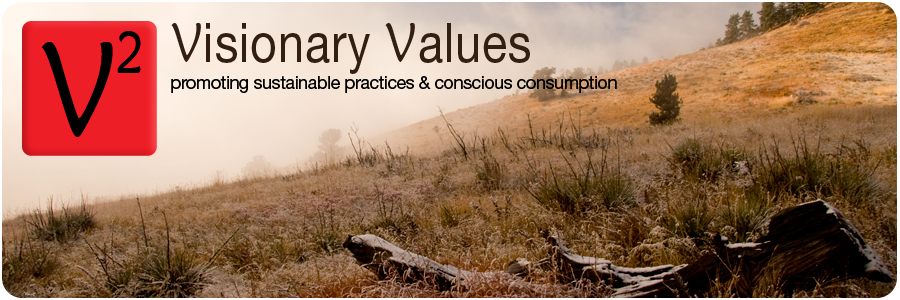
In reading this article one can quickly see that there are really no hard and fast definitions that folks can simply refer to when discussing issues of green and sustainability. Although the concepts themselves are perhaps not that complicated, they do become muddied when those who are not committed to the fundamentals begin to co-opt the use of those terms without applying them with purity.
For those of us who understand many of these tenets of sustainability, it is important to raise a voice in favor of making these definitions understandable and accessible. It is also important that we make sustainability a mainstream reality, not by making it easier through cutting corners, but by helping people understand that we will not survive and lead healthy lives if we ignore the urgency to change our habits and lifestyles.
Pointing fingers and making accusations will do little to create the needed changes. Remember how well you reacted to being scolded as a child, did you ever truly understand the reasoning behind the person confronting you, or did you merely toe the line and do what you were told? This is not how important lessons are learned, not is it how people become better citizens. It is only when concepts are clearly understood and absorbed into one's identity, that they become available in a real and honest fashion.
Let's begin the dialogue that will enable us to share these important issues that will make life happier and healthier for all!















